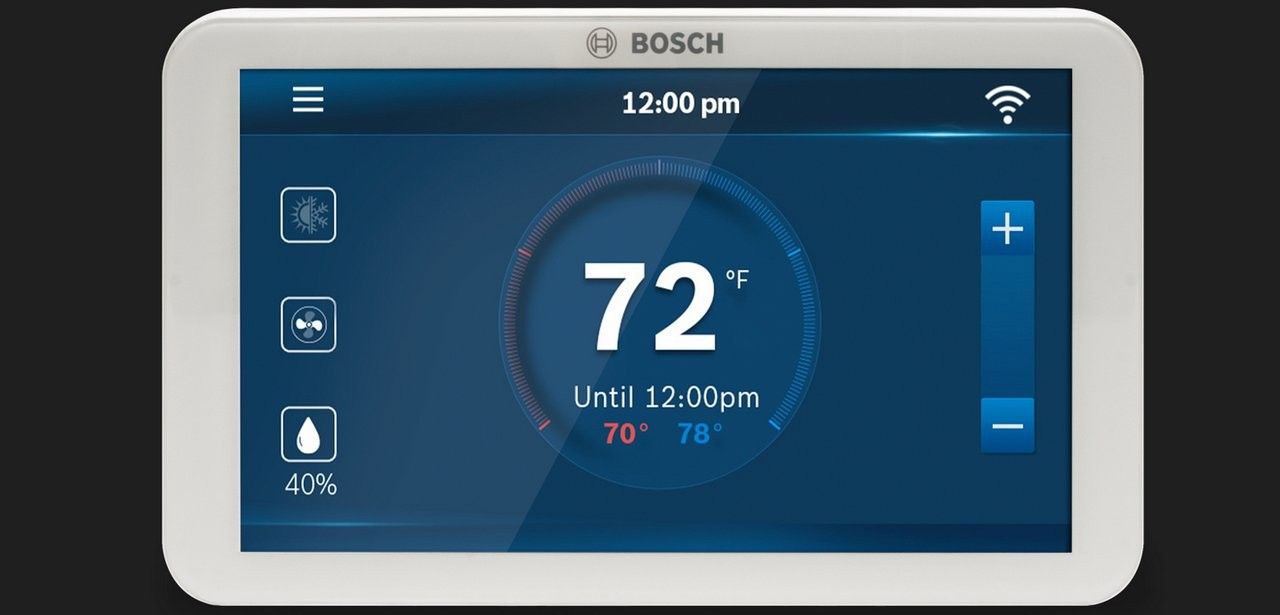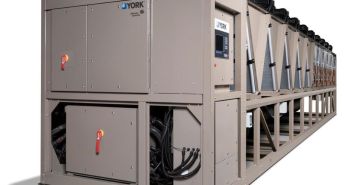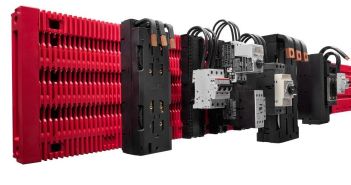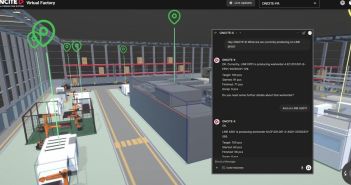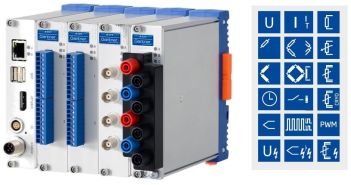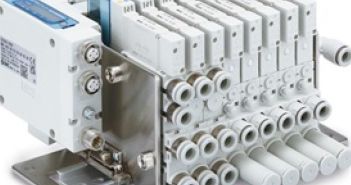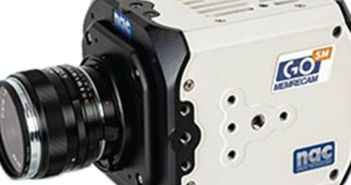The discovery of vulnerabilities in the widely used Bosch BCC100 thermostat by Bitdefender Labs raises concerns about the security of smart home devices. Hackers can exploit weaknesses in the Wi-Fi microcontroller to send malicious commands, install harmful firmware updates, and intercept data traffic. This poses a risk to the energy efficiency and sustainability goals of smart homes. Users can protect themselves by diligently monitoring their IoT hardware, isolating it from local networks, regularly updating firmware, and considering network security solutions integrated into their routers.
Table of Contents: What awaits you in this article
Vulnerabilities discovered in popular Bosch BCC100-Thermostat pose security risks
The Bosch BCC100 thermostat is equipped with two microcontrollers that work together. The Hi-Flying Chip HF-LPT230 microcontroller with Wi-Fi functionality acts as a network gateway and proxy for the logical STMicroelectronics Chip STM32F103. The Wi-Fi chip communicates via TCP port 8899 in the Local Area Network (LAN) and mirrors messages directly to the logical STM microcontroller. In the correct message format, the Wi-Fi chip cannot distinguish malicious messages from legitimate data packets from the cloud server. As a result, attackers can send commands to the thermostat and even provide the device with malware-infected updates.
Vulnerabilities in Bosch BCC100 thermostat allow for device compromise
The Bosch BCC100 thermostat utilizes a Websocket to communicate with the connect.boschconnectedcontrol.com server. Unfortunately, the server sends unencrypted packets, making it easy for hackers to mimic them. By issuing the “device/update” command, the thermostat learns about a new update and begins what it believes to be a legitimate firmware upgrade. Shockingly, the thermostat even accepts counterfeit responses containing malicious firmware details, leaving the device completely compromised.
Risks of IoT Devices in Smart Homes: Protecting Against Hackers
IoT devices in a Smart Home increase the attack surface for hackers and pose a significant IT security risk. To protect themselves, users should diligently monitor their IoT hardware and isolate it as much as possible from the local network. Setting up a dedicated network solely for IoT devices can be helpful in this regard. Additionally, users should always search for the latest firmware and install upgrade versions provided by the manufacturer. Another good option for Smart Home security is a network security solution integrated into the router.
Vulnerabilities in Bosch BCC100 Thermostat Highlight IoT Security Risks
The discovery of vulnerabilities in the Bosch BCC100 thermostat highlights the potential security risks associated with IoT devices in Smart Homes. By identifying and addressing these weaknesses, Bitdefender plays a crucial role in raising awareness among users. Implementing cautious usage practices, regular firmware updates, and utilizing network security solutions can significantly enhance the protection of IoT hardware and contribute to a safer Smart Home environment.


